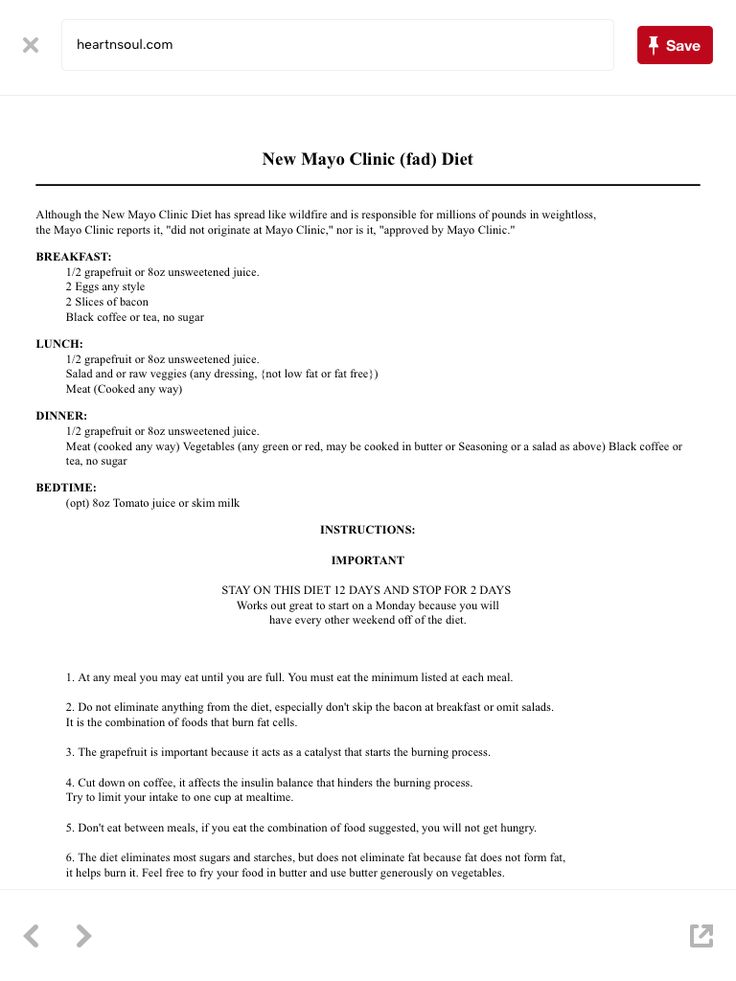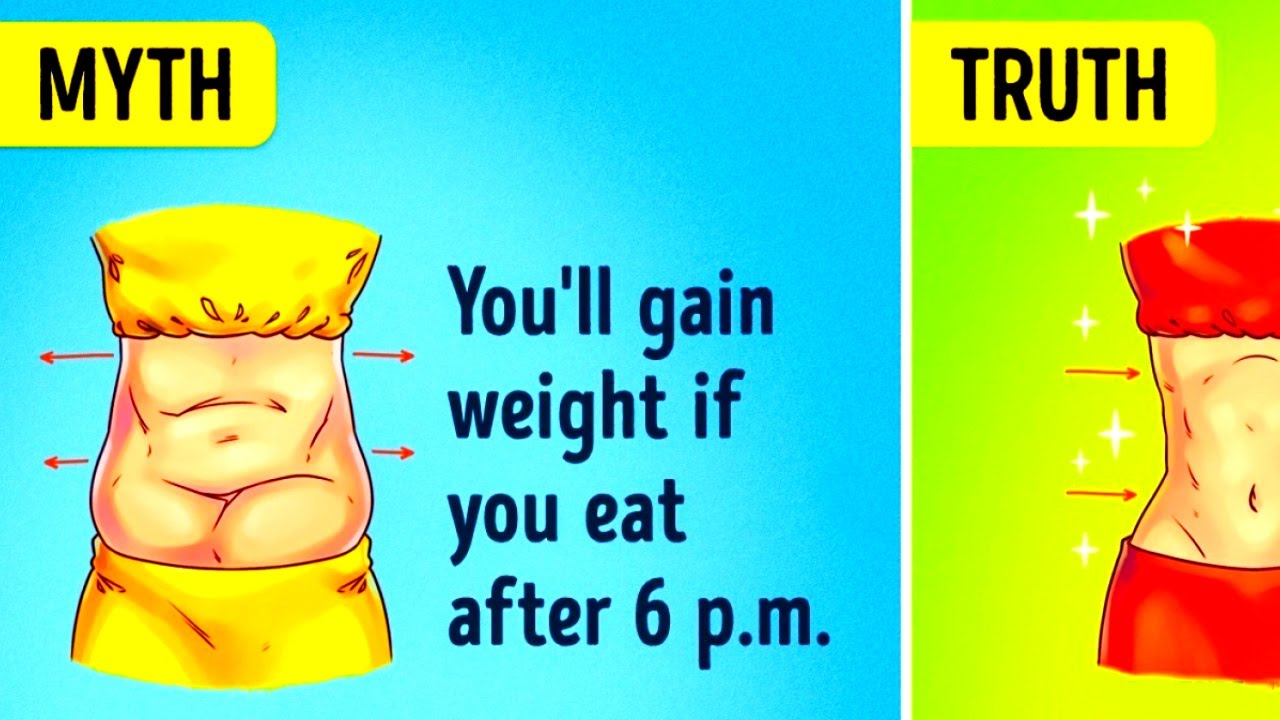
There are many things that can cause genetic belly fat. These factors include your age, environment, and sexual hormones. Knowing more about these factors can help you lose genetic belly fat. These are just some of the many. These factors can affect your weight and overall health in many different ways.
Genetics
Research has shown that genetics could play a significant role in the distribution of bellyfat. This can be linked to body shape and other factors such as brown hair, chronic illness, and chronic disease. Some genetic variants also alter the waist/hip ratio. This refers to the measurement of how large the hips are relative to the waist circumference. This ratio could be linked to high blood pressure, heart disease, diabetes and other risk factors.

Environment
The role of environment and genetics on a person's development is key to understanding the obesity epidemic. Researchers believe that the "energy-thrifty genes" of our ancestors multiplied in times when food was scarce or unpredictable. These genes are being challenged by abundant food sources in the modern world. Other factors like the microbiome of the gut and early life exposures could also play a role.
Age
A new study has shown that genes play a part in the accumulation of age-related belly fat. There are differences in the body fat distributions of men and women. Women tend to store more fat than men. This makes men more vulnerable to changes in fat distribution. The Medical Research Council led the study, which included scientists from 72 institutions across 10 countries. They used 26 genetic studies as data.
Sex hormones
The accumulation of visceral fatty tissue is affected by the role played by sex hormones. An imbalance of sex hormones leads to increased fat deposition in the belly area. The insulin sensitivity can be aggravated by an imbalance in testosterone and estrogen. The estrogen levels in the body decrease significantly after menopause while the testosterone production stays relatively steady. Both men and ladies are at higher risk of gaining visceral fat.

Diet
Surprised to find out that your genetic makeup can have an impact on your belly fat? There are many genes that influence weight. Some genes lead to more fat. But obesity can be caused by many factors. Your habits and environment may also play a role.
FAQ
Is cardio a way to quickly lose weight?
Cardio exercises are great for burning calories, but they don't necessarily help you lose weight. It depends on how much fat you have stored and what kind of exercise you do.
Cardio exercises may not be sufficient to lose weight if you are overweight.
It is important to combine them with exercise and diet.
If you are looking to lose weight quickly, cardio exercises such as running and jogging can be helpful. These activities burn more calories that any other form.
You should train resistance to gain muscles, not fat. Resistance training uses no weights or machines. It also includes elastic bands and free weights.
To lose weight fast, you need to combine cardio exercises with resistance training.
For fast weight loss, combine resistance and cardio training.
What length of Intermittent Fasting should I be doing to lose weight?
It's not as easy to answer as you might think. It is important to take into account a number of factors when deciding the optimal days for fat loss. These include:
-
Your age. Intermittent fasting can be difficult for young people (under 40). This is because they have less time to recover after each fast. You may not have enough energy for a sustained period of daily fasting if you are older (over 60).
-
Your current body composition. A longer period of fasting is more beneficial for those with a lot of muscle mass. You may find shorter fasting more beneficial if your muscle mass is low.
-
How physically active you are. Exercise regularly and you may need to extend the fasting window in order to get enough sleep between workouts.
-
Your medical history. Some people with medical conditions like diabetes, heart disease, cancer, etc., may require additional fasting monitoring.
-
How can you manage stress? Stress can often lead to us eating more. To avoid this, you might want to increase the lengths of your fasting window.
-
Which type of diet you choose. Certain diets, like ketogenic diets, may require even longer fasting periods.
-
Your quality of sleep. A decreased quality of sleep can also be linked to decreased appetite and metabolism. It might take some time to find what works best for your needs.
-
How much protein you eat. Protein stabilizes blood sugar levels. Therefore, eating more protein could result in lower insulin levels. This would allow you to fast for longer periods of time.
-
Whether you're trying to gain or lose weight, people who are trying to gain weight usually require longer fasting periods than those who are trying to lose weight.
-
How many calories do you consume in your fasting windows? You might lose more fat if your daily calories are lower than those you consume.
-
Your fitness level. People who are fit and fast burn more calories per day.
-
Your gender. Men tend to have greater appetites that women, so they may need a longer fast. Women tend to have smaller appetites so they might only need to fast for 20-30 minutes each morning.
-
Your lifestyle. Are you someone who gets plenty of physical activity? Do you work out several times a week? Is your job a long, sedentary one? These factors can impact how fast you should be moving.
-
How much money do your spend on food every day? It doesn't always mean that you should spend a lot of money on groceries if you eat healthy foods. Whole grains can be substituted for white bread, whole fruits can be purchased instead of candy bars and lean meats over fatty cuts.
-
How important it can be to control your appetite. Fasting may not be necessary if you don't want skip meals.
How often do people fast every day?
A majority of ketogenic dieters fast one week. However, there are some who fast twice per week. Others fast three times a week.
There are many lengths to fasting. Some fast for 24 hours while others fast for 48.
Some people will even travel more than 72 hours. These extreme cases are rare.
What can I drink in the morning while intermittent fasting?
Drink water before you go to bed at night. It helps you feel full faster and gives you energy throughout the day. If you want to add flavor, try adding lemon juice or cucumber slices.
Are there any side effects of intermittent fasting?
Intermittent fasting doesn't have any known side effect. However, if you don't plan properly, you might experience some minor issues.
For example, if you skip breakfast, you might be irritable all day long. You might also experience headaches, dizziness, fatigue, and muscle cramps.
These symptoms often disappear within a few hours.
Can I eat fruits during intermittent fasting?
Fruits are great for your health. They provide vitamins, minerals, fiber, antioxidants, and other nutrients. They also contain sugar, which can lead to blood glucose levels rising. This can lead to insulin resistance and weight gain. If you're looking to lose weight with an IF diet then you should choose fruits that are low in glycemic.
How can busy people lose weight
The best way to lose weight is by eating less and exercising more.
Overeating will lead to weight gain. Exercise is important to lose weight. These two simple habits can help you start losing weight.
Statistics
- Among women, the increase in metabolic rate was nearly 4%, or 50 more calories per day (14Trusted Source (healthline.com)
- According to a study sponsored by the American Council on Exercise, a person weighing around 140 pounds (64 kg) would burn 108 calories at a 30-minute beginner's Pilates class or 168 calories at an advanced class of the same duration (26). (healthline.com)
- According to Harvard Health, it's estimated that a 155-pound (70-kg) person burns roughly 112 calories per 30 minutes of weight training (5). (healthline.com)
- According to Harvard Health, it's estimated that a 155-pound (70-kg) person burns around 167 calories per 30 minutes of walking at a moderate pace of 4 mph (6.4 km/h) (5). (healthline.com)
External Links
How To
How do I lose belly fat fast?
You need to realize that losing belly fat can be difficult. It takes dedication, hard work, and dedication. However, these tips will ensure you see results.
-
Healthy Food Eating healthy food is very important. Ensure that you eat foods like fruits, vegetables, whole grains, lean protein, low-fat dairy products, nuts, seeds, beans, legumes, fish, poultry, eggs, olive oil, low-sugar fruits and vegetables, and stay away from junk food.
-
Drink Water. Water keeps you hydrated and makes you feel fuller for longer periods. Keep hydrated every day.
-
Do Cardio Exercises. Cardio exercises help to burn more calories, build muscle mass, and improve your cardiovascular health. Cardio exercises can also increase your heart health, and speed up metabolism. Every day, do 30 minutes of cardio exercise.
-
Get enough sleep. Good health is dependent on sleep. A lack of sleep can lead anxiety and stress that can then be exacerbated by unhealthy habits like smoking and drinking.
-
Reduce stress levels. Stress can have a negative impact on our brain chemistry, and hormone levels. Cortisol, a hormone which increases hunger pangs as well as cravings to eat high-calorie foods, is released when we're stressed.
-
Regular breaks are important. Take regular breaks throughout the day. Take a break and go outside to walk or take a nap. Doing so will give your mind and body the time they need to unwind and recover.
-
Avoid Alcohol Consumption. Alcohol is a waste of calories that slows down the body's ability to digest food. You should avoid alcohol if your goal is to lose belly fat.
-
Have fun!